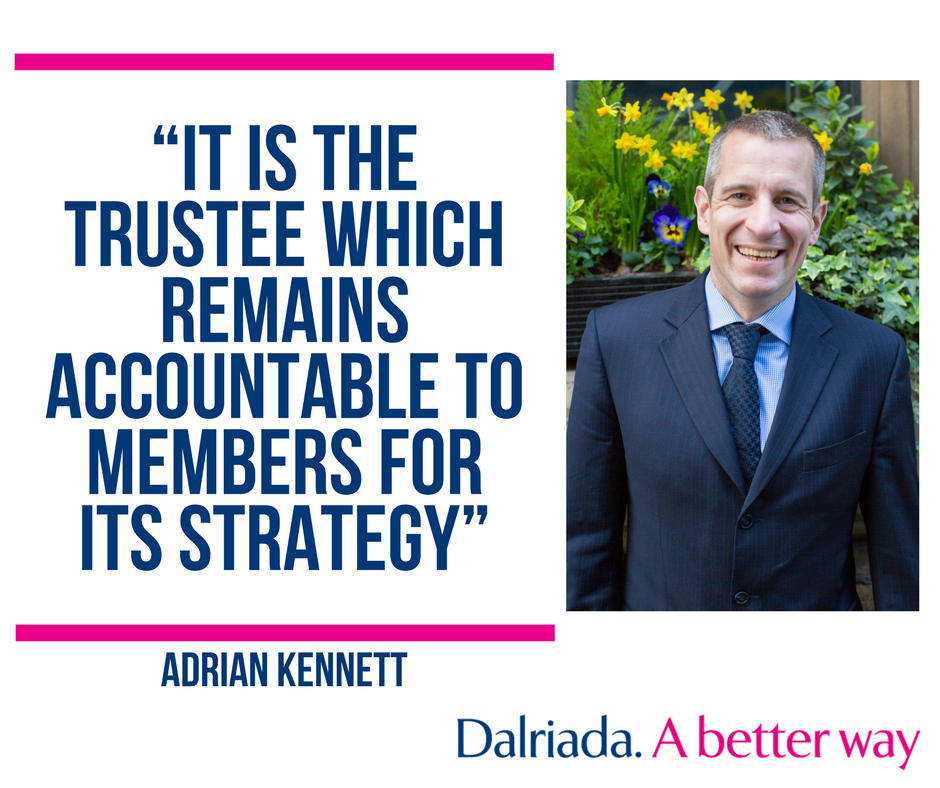 The sophistication of investment scams has reached new levels in Singapore
The sophistication of investment scams has reached new levels in Singapore
I “borrowed” this blog from my Twitter friend in Singapore who clearly understands and cares about investment scams – and the inability of the inept authorities to do anything about them. This is true not just in Singapore but throughout the world – particularly the UK, the Isle of Man, Gibraltar, the Cayman Islands, Guernsey, Ireland, Dubai, and Hong Kong.
I could not improve upon his excellent blog, but I have put some comments in red in the body of the text (with apologies to Lee!).
 This is a story about how scammers have used the loopholes within the law to fleece hundreds of millions of dollars (and pounds and Euros in other jurisdictions) from an unsuspecting public. Many of whom are retirees and young people venturing into alternative investments for the first time in their lives.
This is a story about how scammers have used the loopholes within the law to fleece hundreds of millions of dollars (and pounds and Euros in other jurisdictions) from an unsuspecting public. Many of whom are retirees and young people venturing into alternative investments for the first time in their lives.
In Singapore, there are two primary agencies that are set up to ensure a safe investment environment for its people. The Monetary Authority of Singapore (MAS) that regulates the financial industry and the Commercial Affairs Department (CAD) of the Singapore Police Force that investigates commercial crime and Fraud.
Just wanted to add a few more: chia seeds, eucalyptus plantations, truffle trees, forex trading, life assurance policies, football betting, property loans, rubbish recycling, litigation funding, timeshares, films, claims management companies etc.
In support of innovation (Lee uses the word “innovation” – but I would have used the word “opportunism”) in the financial industry, Alternative Investment Offers have been allowed to thrive. Non-traditional Products are being offered to the lay public, advertised widely on social media and even in the mainstream media with barely any restrictions. (In the UK, we would refer to many of these as UCIS – unregulated collective investment schemes – which are illegal to promote to retail investors). Many vendors of these make wild claims of double-digit percentage returns per annum, sometimes coupled with apparent full capital protection that targetted investors would just swallow wholesale.
These companies are not regulated by MAS and will often be listed as such in the MAS-issued Investor Alert List. But being on the Investor Alert List simply means Caveat Emptor … nothing more. Legitimate companies, as well as unscrupulous ones, are similarly listed there without distinction. So in most cases, the attractive returns and false assurance of safety are just too irresistible to the average investors who would be pulled in by the hundreds, if not thousands. I reckon few people ever think to look at the MAS website – just as few ever look at the FCA website where well-hidden warnings lurk deep below the surface.
While not all Alternative Investments are dodgy, many of them are because the current law offers a fairly wide window (between 3 to 8 years) for them to operate before the law catches up. Why? Because the law enforcement agency that investigates fraud only starts to investigate after many victims have reported their loss. There are victims who do not report because of fear, because of embarrassment, because of unrealistic, hopeful optimism and a variety of other reasons so by the time CAD gets involved, it would have added more years and more new victims. A lot more people, sadly, would have been hurt by then. This is the most significant factor in stopping financial fraud – if the first whistle were to prompt action by the authorities, more victims could be prevented. The feet of clay by regulators and law enforcers help the scammers and facilitate the crimes.
Ponzi schemes are chief among these and as with all Ponzis, the early investors are taken in by the promised high returns being achieved. This pool of satisfied investors will go on to sink in additional funds. But more than that, they are often trotted out on stage at investment seminars to be the best spokespersons for their “safe and profitable” investments. Some are even recruited to be sub-agents who earn referral commissions.
A very common scam I see over recent years involves companies that may own some land in a distant country, directly or indirectly via their selected “Developer Partners” who have cleared their “rigorous” due diligence process and deemed safe. Money is borrowed from the lay public by an intermediary set up for that specific fundraising purpose. This intermediary is supposed to channel the funds out to the said Developers for the purpose of infrastructure development or some construction activities on the property. In return, the intermediary company, freshly created, probably a limited liability entity registered in some opaque tax-free haven, signs an IOU agreement with the investor detailing scheduled repayments of interests and full capital at the end of 2 or 3 or 4-year terms. He’s just described Dolphin Trust and similar investment “loan-note” scams perfectly.
The IOU agreement or promissory note does not accord the investors (or more accurately the lenders), any say on how the funds are utilised. There is also nothing to stop these unscrupulous vendors from using that same plot of land as their “collateral” to draw in funds from other investors in other markets.
Theoretically, that same piece of land could be used multiple times to borrow new money as long as the investors were not aware of it and had no legal title on that property. The number of times this “asset” is leveraged is limited only to the diabolical ingenuity of those vendors and the trusting innocence of an investing client pool. Am getting a bit worried now, as I think some of the scammers – who hadn’t already thought of this – might be getting very excited!
Other fundraising schemes can be created… perhaps through the issuance of minibonds in countries like the UK or in Europe. Or through commercial paper described as Development Funds that pay generous coupon rates over medium term, offered to selected high net worth clients. (And low-net-worth clients – the scammers aren’t fussy!).
Different company names are formed but the directors may be the same. The product brief is almost always similar and the advertising media material professionally done and is always flashy. Invariably these vendors will hold charity events and engage media celebrities or host politicians to lend credibility to their cause. They would list fake awards and renowned organisations as their business partners on their websites. All these with the sole intent of creating an image of legitimacy. This perfectly describes Phillip Nunn and his Blackmore Global investment scams – promoted by David Vilka.
Sometimes they may even attempt to raise public funds via a back door listing through an acquisition of a public listed entity that had fallen under judicial management.
Who are these people who are capable of such an elaborate scheme that spans international borders? Will the law catch up with them before they escape with their ill-gotten loot? Will justice be served in time and make an example of how fraud should not be excused as business failure?
Alas, only time will tell. Lee doesn’t seem optimistic. And I most certainly am not. The scammers make far too much money from such investment scams – and pension savers are ridiculously easy targets. The cold-calling ban will have negligible effect, and the ceding pension providers will keep on keeping on handing over pensions to the scammers willy-nilly.

